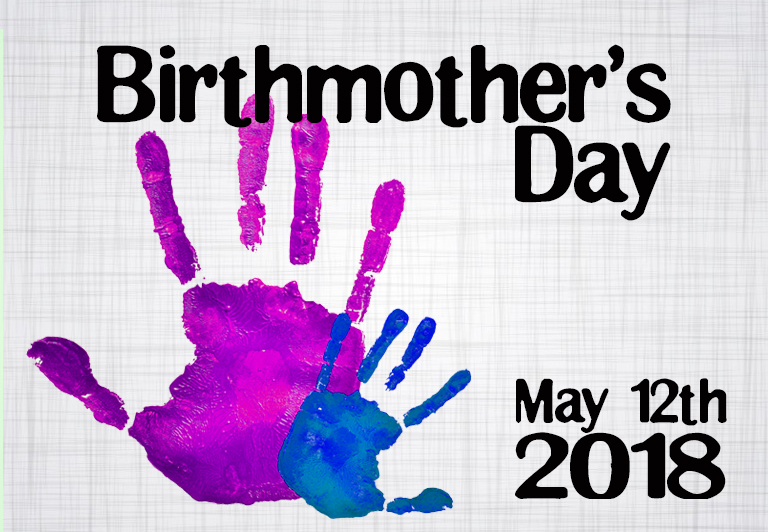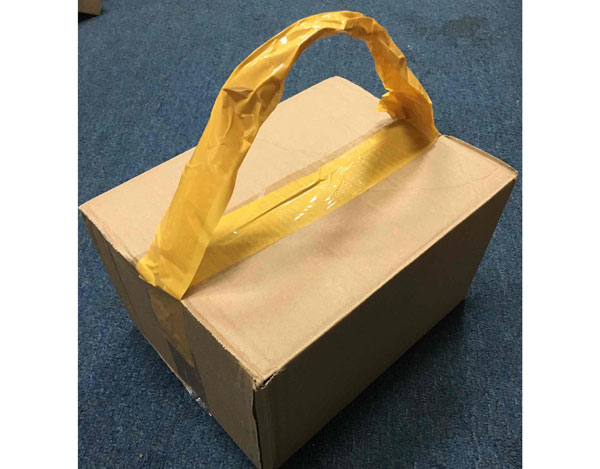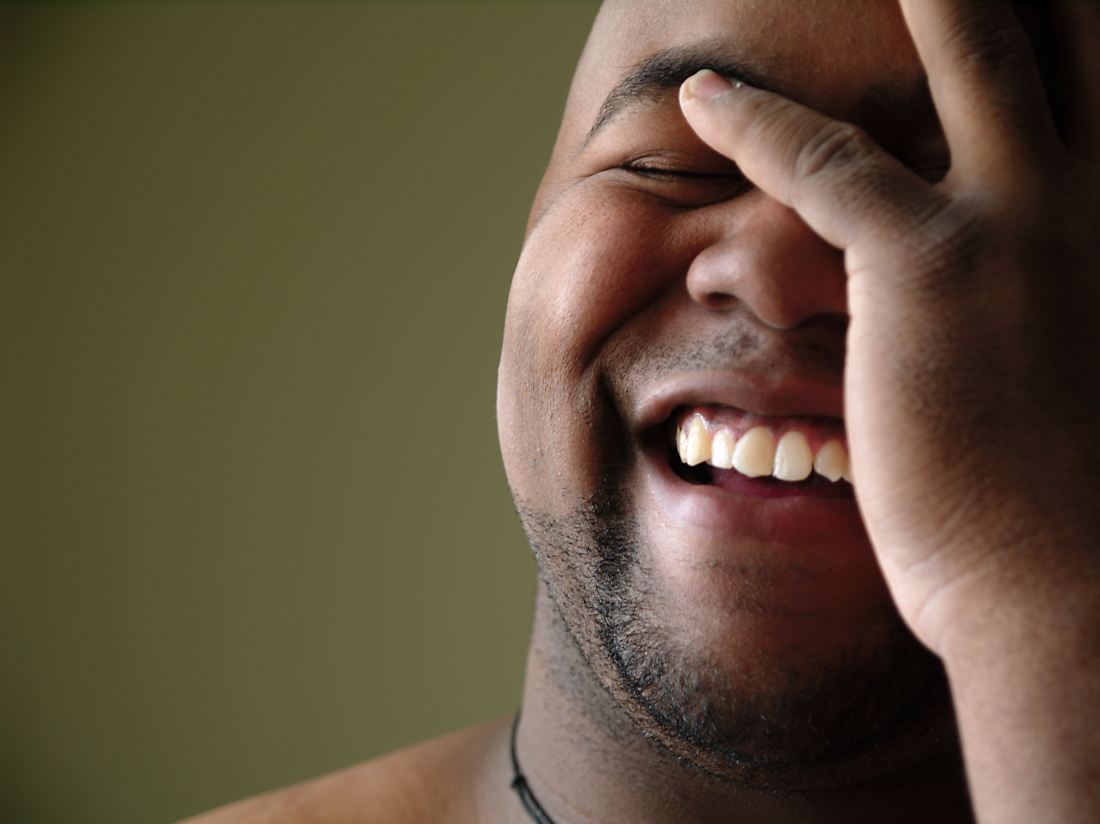Being at Peace with My Adoption Decision Does NOT Equal Denial
I seriously considered not posting today. It is the last full day of my 2-week trip to NY/NJ, and it’s gonna be a doozy. For one thing, this is my only full day at Book Expo America, perhaps the biggest publishing industry event in the country. And then I get on a plane at 8 a.m. tomorrow (5 a.m. Phoenix time) and fly home. While I’ve treasured every moment I’ve spent out here – I REALLY want to find a way to live out here part-time again, because this is the next best thing to Ireland – I can’t wait to get home to my husband, my dogs, my cat, my bed, and my regular life. Kathy and Bruce have been incredible hosts. Again, I shake my head in surprise and gratitude every time I think about how far we’ve all come from that first meeting at Spence-Chapin all those years ago. But I’m sure they’ll be glad to have their house back to themselves so they can get back to their routine, too.

So I was thinking of skipping today’s post, mostly because I’m tired, but also because I didn’t have a topic at the ready. Would have loved to have put up one image – but I since I couldn’t find the right one instantly, I scrapped that idea. Then I put “birthmothers” into the google, and found a link to a post titled, “Birthmother Wars; When the Positive Fight the Negative.” This incited me to write…
For one thing, I would never have used those words to describe it. I mean, when used other than literally, the word “war” is almost always hyperbolic. I certainly fall on the side of the positive, however, and I’ve been troubled by so much of the self-loathing that seems encouraged in this closed Facebook group for birthmothers that I belong to. So I was interested in what this birthmom blogger might have to say.
In a very long post that seems to repeat itself, she asks the following questions (in italics):
- IF you have had a “good” experience and feel “at peace” with your decision, then why does another birthmother with a not as happy story or outlook so greatly threaten your place of comfort? Like why can’t you even listen to her? First, I wouldn’t – couldn’t – have placed my son with his family if I’d felt guilty about it. So I have been at peace since the very beginning. That said, we still had to grow into our lovely outcome. Much of it wasn’t easy, and I had no idea at the start we’d be where we are today. It also troubles me to know that Eric went through some difficult times, emotionally, because of the adoption. But he would have gone through hard times had I raised him, too, albeit probably around different issues. That’s just life – sometimes things get challenging. I really wish he’d talk with me about it, but he hasn’t opted to do that yet. And yet all of us got through it. I do have the benefit of having lived this path for more than 20 years, so I know that things can change for the better. And though I am 100 percent at peace with my decision, I can and will listen to and empathize with another mom who hasn’t had the blessing of a good outcome for her adoption – but only so far. I believe that no matter what happens in our lives, we have to dust ourselves off and make progress, move forward, keep living. My little sister died two years ago, and that was so much more difficult for me to go through than the adoption, probably because my son didn’t die. I knew he was OK and, in a general sense, where he was. I shed a boatload of tears about my sister. I spent a whole year being pretty much angry at the world. And then I stopped crying and stopped being angry. Birthmoms need to heal, too. But they can’t do that when they are encouraged by “support” groups to remain in victim thinking.
- If you need support then WHY can the support not come from a mom who had a bad experience? Surely a mother who can openly speak of her sadness and loss can provide a well worn shoulder to cry on. I think every birthmother, no matter how positive her adoption experience has been, probably gets down every once in a while. The levels of support “needed” by those birthmoms likely vary from person to person. And I think it makes sense to get support from the people who can best do that for you. In the early days of my adoption, it was other birthmoms – because no one else on earth understands the experience of a giving up a child like another birthmother. Today, 23 years later, I’m in an open adoption and regular contact with my son with the full blessings of his adoptive parents, so I need a lot less support. And when I do need it, I still have birthmom friends from all those years ago to whom I can turn. Joining the Facebook group was a spontaneous decision this year for Birthmothers Day. I’ve thought about leaving the group, but some of the moms are so sincere – whether in “good” or “bad” adoption situations, and I genuinely like them. I also very much appreciate the willingness to tackle some of the hard questions, and the forthrightness of the answers from many of the group members.
- And if you are so sure and confident, how come it distresses you so much to hear about the realities faced by others? How can their life or, even their opinion, really alter your reality? I don’t even understand this question. The implication is that a confident person’s self-esteem will be shattered by hearing that others are suffering. WTF? I think this may be projection – because it’s definitely not my reality. I KNOW there are birthmoms who’ve undergone unimaginable heartbreak and loss, and I will gladly listen, hear them out, and offer comfort if I can. Yes, it’s massively distressing to know that we had such a positive experience when so many others have not – but from the posts in this Facebook group, it seems that so many of those who didn’t have good experiences actively choose those outcomes (either consciously or unconsciously), through their beliefs or their actions (believing the shitty message that they weren’t/still aren’t worthy or that God was judging them, or allowing even the idea of Birthmothers Day to trigger them, etc.). That’s what gets exhausting – hearing the same people make the same complaints like broken records, while they appear to make no move toward even trying to get out of that victim thinking and the resulting behavior. Shaming, blaming, and complaining are sure signs that a person is not taking responsibility for their feelings and status in life. These three low-vibration emotions are rampaging all over this group at least occasionally, but sometimes (ahem, Mothers Day weekend) nearly constantly.
I will say that I can’t get near the idea of morally superior birthmothers – another tangent in this gal’s blog post – because I will readily admit that mine was, in part, a selfish decision. I was 27 and had a full-time job and health insurance. I could have parented, but I didn’t want to be a single mom. I’d seen the toll it took on my own mother and my sister, and I wanted no part of it. Yes, I wanted more for my son than what I’d have been able to provide for him on my own, but I also wanted more for myself. I do not apologize for that. I also had full volition in my adoption decision. I deliberately did not tell my parents, so I didn’t have their voices in my head telling me what to do. So who am I to judge any woman who chooses abortion or who decides to keep and parent her baby?
The thing is, I hear where this gal is coming from. No, not everyone had a great experience. And yes, the adoption industry can and does take advantage of unsuspecting birthmothers the world over. Maybe it’s like the #MeToo movement, and birthmothers need to raise their voices in a loud chorus to demand a paradigm shift when it comes to adoption practice. Maybe we need to get over our collective shame so we can start being visible, and take a vocal stand against these abhorrent behaviors – done in the name of “creating families.”
Personally, I feel that in most cases, adoption is preferable to abortion – but I don’t even judge that anymore. Who am I to say, from over here in my cozy corner, what any woman is going through? Is abortion a heart-breaking option? Of course. Is it immoral? I don’t know. What I do know is that the human condition is flawed and complicated and amazing, all at the same time. As a result, our relationships are simultaneously challenging and rewarding. And as long as people continue to have sex, unexpected or ill-timed pregnancies will continue to occur. Should more women be encouraged to keep and parent their babies? Maybe – if they’ve got the financial and people resources to do so. But what if they don’t? What if they’ve given it all the thought they can, and they know – for whatever reason – that they can’t choose the parenting option? Do we force abortion on them? Force them to parent anyway? Or are we glad for that Third Choice? I think you know where I stand.
__________________________
Laura Orsini is an author, speaker, and consultant who coaches other authors to make and market exceptional books that change the world for the better. She is birthmother to Eric, who is finishing college in Boston this summer. Their adoption has been open for the better part of Eric’s life. She continues to toy with the idea that these posts will one day become a book. In the meantime, you can learn about her novel in progress, Stan Finds Himself on the Other Side of the World.



 Force. In it, he explained this concept of lower- and higher-vibration emotions. The low ones are the negative ones I’ve been naming here, like anger and sadness. The higher ones are things like love and gratitude. You can think about it in terms of how you feel in any given moment. For example, do you have that person in your life who is so high-strung that his or her stress rubs off on everyone they meet? The second they leave the room, the air seems to lighten and everyone else breathes a collective sigh of relief? That’s a person who may be stuck in a low vibration. We’re all made up of energy – the question is whether it’s positive, negative, or neutral energy.
Force. In it, he explained this concept of lower- and higher-vibration emotions. The low ones are the negative ones I’ve been naming here, like anger and sadness. The higher ones are things like love and gratitude. You can think about it in terms of how you feel in any given moment. For example, do you have that person in your life who is so high-strung that his or her stress rubs off on everyone they meet? The second they leave the room, the air seems to lighten and everyone else breathes a collective sigh of relief? That’s a person who may be stuck in a low vibration. We’re all made up of energy – the question is whether it’s positive, negative, or neutral energy.










